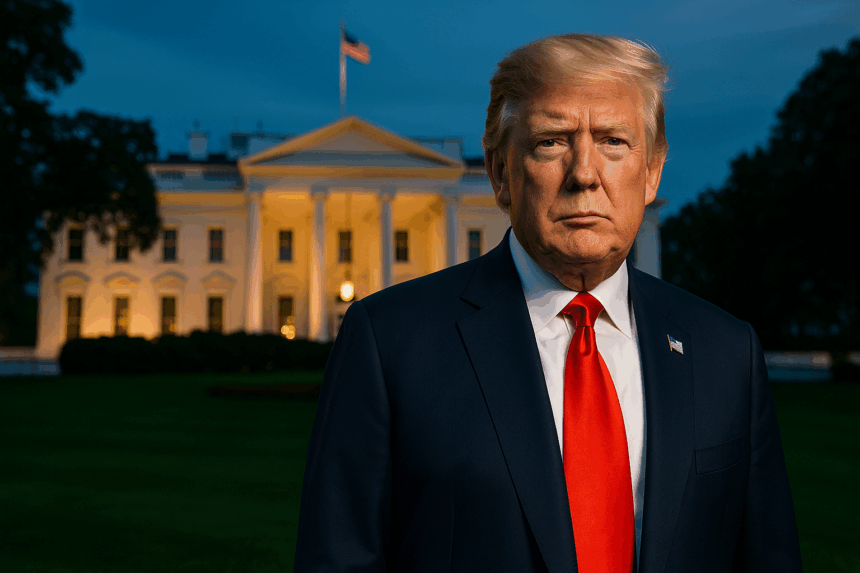Recent developments in US trade policy have led prominent multinational corporations to make significant financial commitments to America. The administration’s tariff approach, designed to encourage domestic economic growth and mitigate reliance on international supply chains, appears to be yielding results. High-profile investments from Roche Holding AG and Softbank Group Corp highlight growing international interest in establishing or expanding their US operations.
Roche Holding AG, a Switzerland-based pharmaceutical company, pledged $50 billion for the creation of manufacturing and research facilities in the US. This decision follows President Trump’s measures addressing national security concerns regarding dependence on foreign-made pharmaceuticals. Known for products like Ocrevus, Vabysmo, Xolair, and Hemlibra, Roche aims to bolster domestic production capabilities. The move is expected to generate more than 12,000 jobs across North Carolina, Indiana, and Pennsylvania, reflecting a strategic shift in the company’s operations.
Why Is Roche Investing Heavily in the US?
Roche’s investment is in direct response to US policies linking pharmaceutical imports to national security threats. The company is ensuring that essential medications continue to be manufactured domestically, aligning with executive orders aimed at increasing US pharmaceutical production. Acknowledging the risks of production concentration overseas, Roche’s investment further secures its US market presence with contributions to the Strategic Active Pharmaceutical Ingredients Reserve (SAPIR).
How Is Softbank Capitalizing on US Opportunities?
Softbank Group Corp from Japan is also making a notable $500 billion investment to enhance its foothold in the US. Unlike Roche, Softbank’s focus is on supporting tech infrastructure and pushing the boundaries of artificial intelligence. Collaborative efforts with OpenAI and Oracle, under the Stargate Project, aim to build large-scale AI systems in the country. This initiative marks a robust commitment to innovation and technology advancement, aligning with Softbank’s history of strategic investments in major tech companies.
In previous years, Softbank’s investments in US tech firms, such as Yahoo! and Alibaba, established a strong investment portfolio. However, their approaches to scaling US operations differ vastly between industries like pharmaceuticals and technology. While Roche targets health-related production, Softbank’s foray into AI development and tech infrastructure represents a differentiated strategy for growth.
“Investing in the growth of both countries’ technology sectors is an exciting and essential step forward,”
commented Yoji Muto, Japan’s Trade and Industry Minister, acknowledging the long-term implications of these financial injections into the American economy. Establishments like Roche’s new factories and Softbank’s AI infrastructure projects symbolize a ripple effect of US initiatives encouraging foreign companies to seek local opportunities and partnerships.
“We see immense potential in the US,”
said a Softbank representative regarding their role in the future of tech development stateside, underscoring a commitment that extends beyond mere financial investment. This mutually beneficial relationship enhances competitiveness while addressing key national concerns like security and tech advancement.
Both Roche and Softbank exhibit how international companies are navigating US policies to fortify market positions. These expansive investments underscore the evolving role of the United States as a pivotal hub for global development across industries. They illustrate strategic shifts responding to nationalistic economic policies while potentially reshaping domestic job markets and research landscapes.









